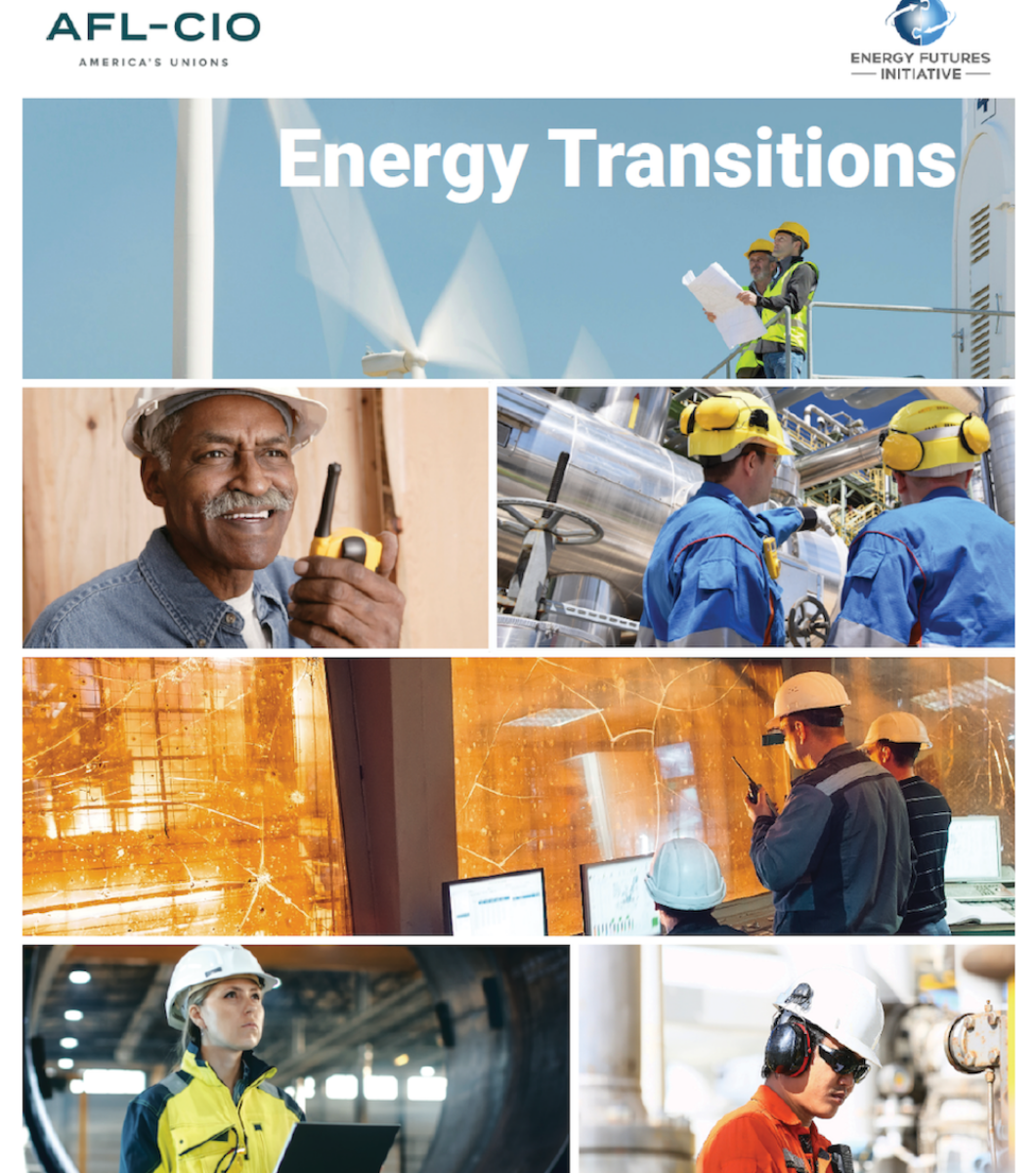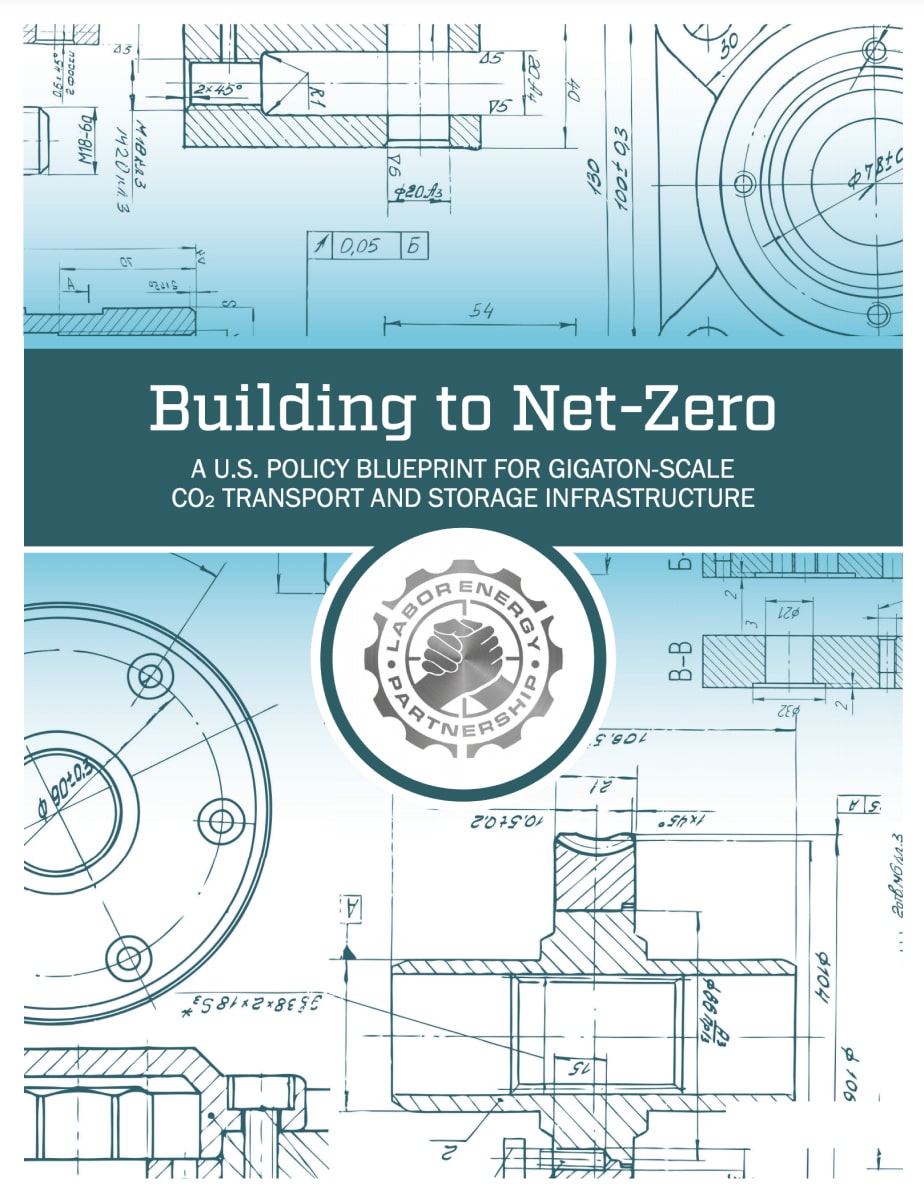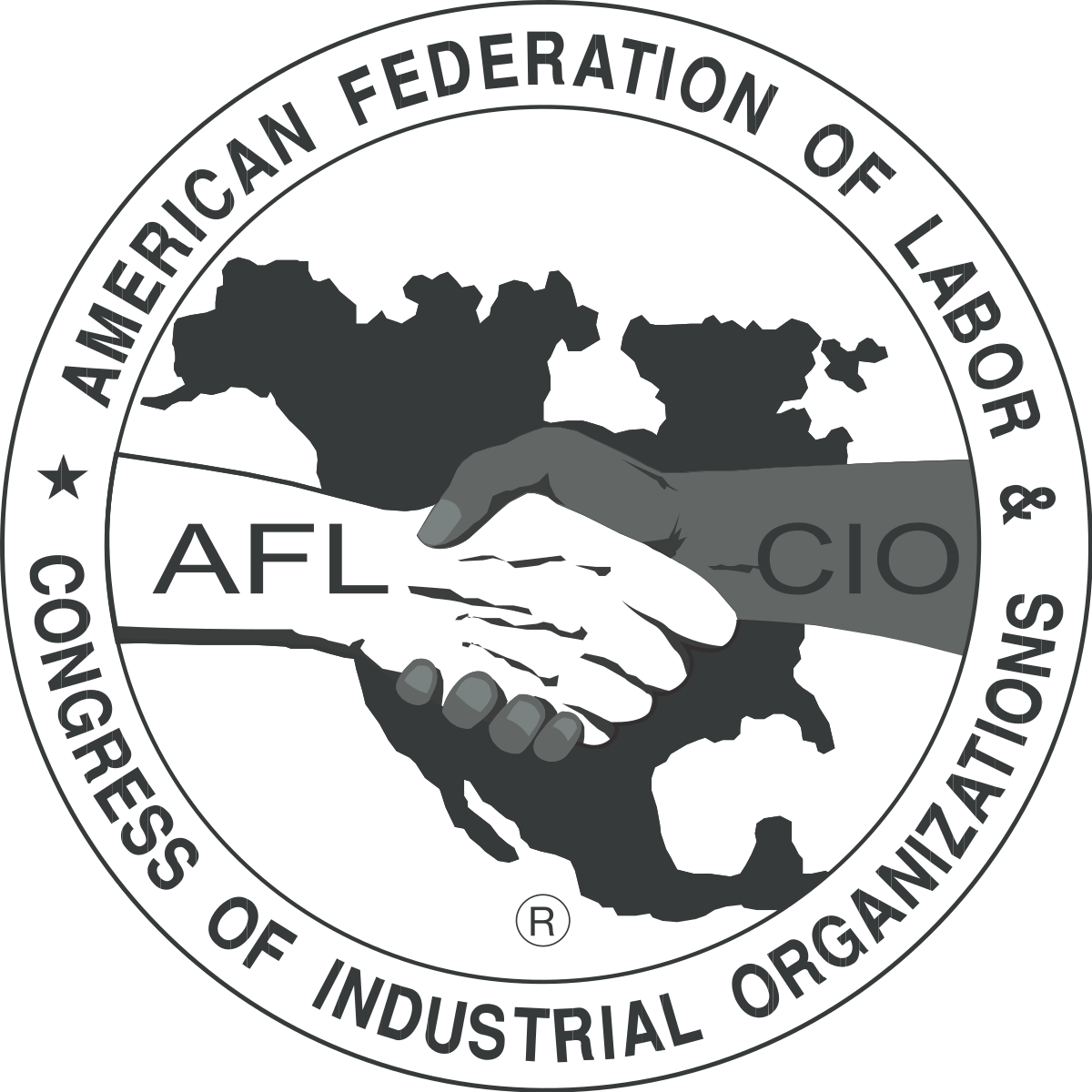Industrial transitions have rarely been smooth. They have been typically marked by community and worker dislocations with significant regional disparities, disproportionate impacts on minority communities, and the fraying of existing social institutions, including public education systems, local government services, unions,
and even religious organizations.
In addition to macro-factors such as consumer preferences or globalization, industrial transitions have typically been triggered by disruptive technologies that radically changed cost structures and rendered previous modes of production obsolete. However, others have been caused by significant policy shifts such as the free trade agreements, NAFTA and PNTR, in the 1990’s and early 2000’s. Whether technology or policy-driven, the US has had an uneven track record of managing these industrial transitions in ways that provided the impacted employees and their communities with the tools and resources to rebuild. Too often, total reliance on free-market forces to manage the economy has resulted in avoidable economic harm to workers and communities.
“Energy Transitions: The Framework for Good Jobs in a Low-Carbon Future” provides a comprehensive overview of a suite of climate and labor policies, supported by the AFL-CIO and EFI, that will accelerate America’s transition to a low carbon economy while preserving and creating access to high-quality jobs. The paper provides a summary of the importance of each initiative from a climate perspective and the jobs’ benefit it will provide American communities.


